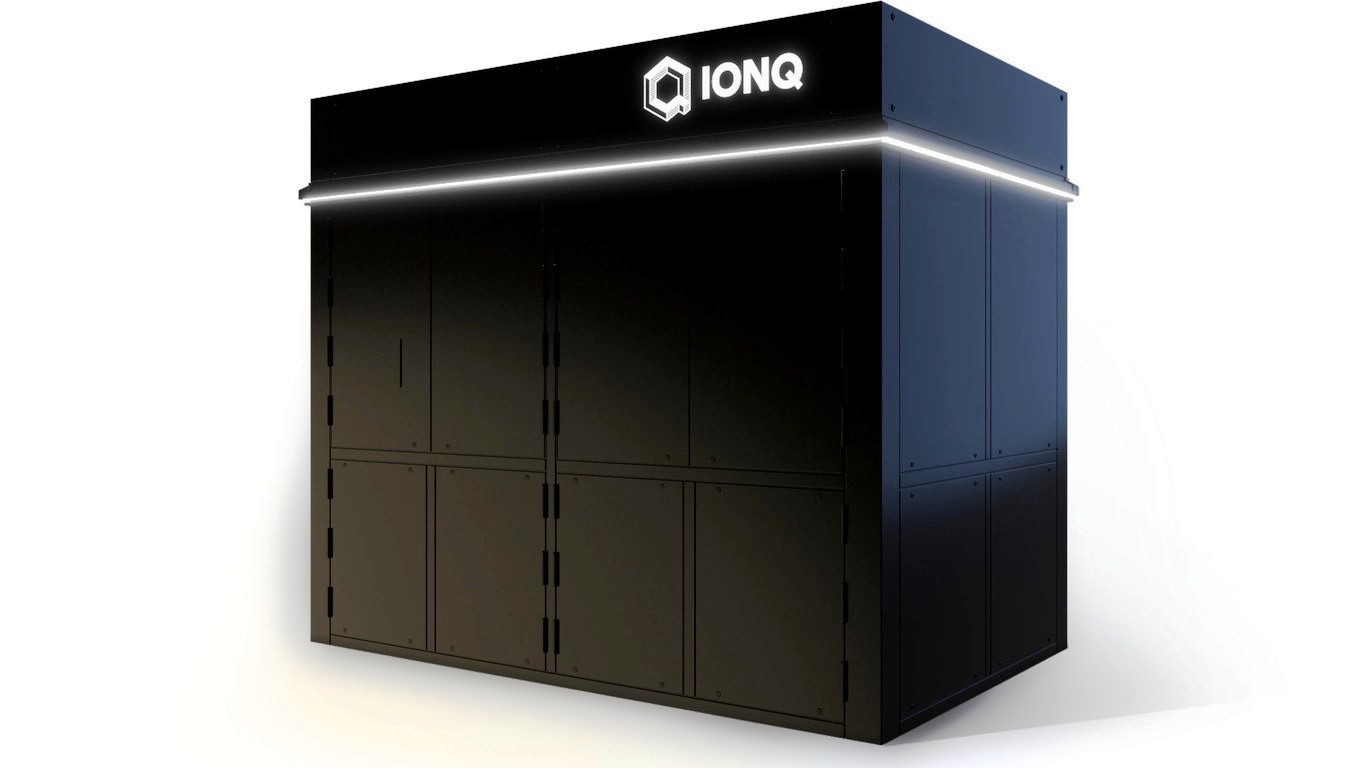
Autodesk Inc. (NASDAQ: ADSK) has been an incredible growth story in 2017. Its computer-assisted drawing (CAD) software should be giving the company great support, but something worrying took place after the earnings report this past week. Those earnings brought on some concerns about the company’s ability to keep growing in a manner that would keep the bulls happy. Sadly, this was despite its subscription revenue having doubled and deferred revenue increased in the double-digits.
All in all, the earnings report actually looked good on the surface, but there is also a restructuring for investors to consider. Still, Wall Street looks forward rather than backward. Autodesk shares were severely bruised after the earnings report came with guidance showing a lowered 2018 range of net subscriber additions, down to a range of 625,000 to 650,000 from a prior 625,000 to 675,000. Other long-term guidance metrics were also offered.
24/7 Wall St. frequently looks at stocks that experienced extreme post-earnings moves. We have reviewed many analyst calls, and the analysts issuing calls seem to have largely gone on the defensive for what was one of the Nasdaq’s top growth stocks of 2017. Prior to the earnings reaction, Autodesk shares had been in a close move with Adobe but were still outperforming the likes of Amazon and Facebook handily so far this year.
Wedbush Securities downgraded Autodesk to Neutral from Outperform, and the firm now has a $126 price target, compared to a prior $138 target. The downgrade was said to be a close call because things are looking better ahead. That being said, Wedbush now sees increased risk of a meaningful shortfall to the free cash flow targets for 2019 and 2020 due to heightened attrition from maintenance price hikes. That Wedbush cut was based on several factors:
(1) a surprisingly slow ramp in FCF, resulting in limited visibility to long-term FCF targets;
(2) potentially higher attrition from planned maintenance price increases;
(3) higher-than-expected required investments in digital infrastructure and cloud offerings, offset by restructuring actions.
The independent research firm Argus has a Hold rating on Autodesk. The firm feels that its business transition continues as it posted the first revenue increase since the April 2015 quarter and a narrower non-GAAP operating loss. The view is that the restructuring announcement spooked investors at a time when Autodesk is accelerating the transition to its new subscription-based business model. After the sale of perpetual software licenses was discontinued earlier in 2017, the firm noted:
The accelerating transition is painful in the near term, hurting profitability and cash flow; however, management has done a good job of warning about the near-term impact and outlining its long-term strategy. … We are narrowing our FY18 loss estimate to $0.48 from $0.56 per share and maintaining our FY19 EPS forecast of $1.09.
Credit Suisse cut its target to $135 from $140 while maintaining its Outperform rating on Autodesk. Its Blue Sky and Grey Sky scenario target prices were lowered by $5 each, down to $150 and $90, respectively.
Other calls on Autodesk were seen as follows:
- Canaccord Genuity lowered its price target to $135 from $140.
- CFRA (S&P) has a Hold rating and cut its $113 target to $111.
- Deutsche Bank cut its target from $150 to $140.
- Griffin Securities has a $135 price target.
- MUFG Securities maintained its Underweight rating but raised its target to $52 from $51.
- William O’Neil removed Autodesk from its Focus List.
Autodesk has a 52-week trading range of $68.06 to $131.10, and the drop to $109.34 after earnings was from a pre-earnings close of $129.95 on a massive 19.5 million shares in a single day.
What investors have to worry about is that Wall Street hates when great growth stories come to a screeching halt followed by a loud crash. That is the case for Autodesk when you consider that its 52-week high was seen just the day ahead of earnings, and for that matter its shares were up 77% year to date before the report.
Autodesk’s pre-earnings consensus analyst target price was about $133.50, but its consensus analyst target price was $131.95 as of Friday. That level of cutting targets does not feel so extreme that the analysts are very worried, but the reality is that traders and long-term investors are likely to treat this company with more scrutiny after the reminder that even this great growth story can burn investors.
Thank you for reading! Have some feedback for us?
Contact the 24/7 Wall St. editorial team.





